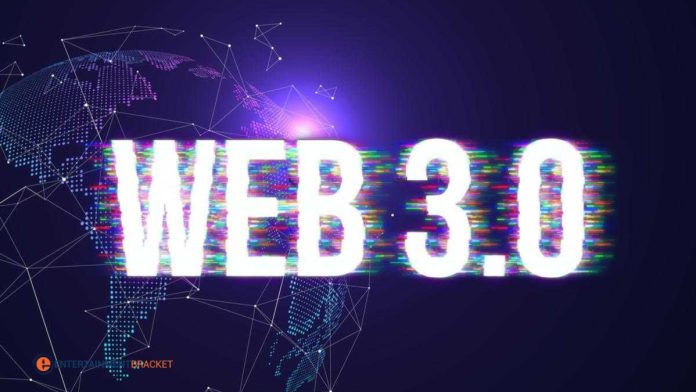The world is moving forward, and people anticipate the arrival of more advanced technology. Things have changed by 2021, when technological advancement has progressed to the point that organizations are thinking beyond expectations and adopting a futuristic approach. Every tech behemoth is now developing something that will enable them to compete with others in future offerings. Take a look at Metaverse, one of Mark Zuckerberg\’s most powerful concepts for communicating and living in the moment. In this article, we discuss What is Web 3.0?
Also Raed: How To Add IDM Extension in Chrome
He astonished the public by turning a TV show episode into reality. Along with that, the NFT world developed a way for many people to make money indefinitely. However, a new factor has entered the digital sector, and people are arguing about it all over the internet. Web 3.0 is here There has been a lot of talk about Web 3.0 on the internet, and many IT companies are also becoming involved in this new era. However, what precisely is web 3.0? What sparked it off? And what is its major purpose? There are so many unanswered questions in the reader\’s mind.
What is Web 3.0?
Before delving into the debate over who started Web 3.0, it\’s important to understand what this new phrase means. The third generation of the internet is known as Web 3.0. It is possible to describe it as the most advanced and improved version of the internet. GaryVee, a well-known Youtuber, did a podcast with Mark Zuckerberg in which he discussed the future of Web 3.0 and the Metaverse.
What exactly is the difference between Web 2.0 and Web 3.0?
Before that, web 1 consisted solely of information centres. With static pages, Hypertext Mark-Up Language, and many fewer interactions, it relied on HTTP and HTML protocols. With time, Web 2.0 provided real-time interactions, spawning new generational phenomena such as social media platforms, multiplayer gaming, and so on.
Now comes Web 3.0, a next-generation component that will focus on interactions between people, websites and websites, and people and websites. In comparison to 2.0, 3.0 focuses more on the internet\’s backend: greater connectivity, accessibility, and ubiquity.
From where did this whole fuss of Web 3.0 start?
If you haven\’t been keeping up with the IT world, you are probably unaware of the most heated debate on the microblogging network Twitter about Web 3.0. Concerning its existence, benefits, and social relevance. And guess who started it all?
The World\’s Wealthiest Person, to be precise. \”I\’m not arguing web3 is genuine — looks more marketing jargon than reality right now – just wondering what the future will be like in 10, 20, or 30 years,\” Elon Musk wrote in a marketing tweet. \”The year 2051 sounds insanely futuristic!\” He went on to dispute its existence once more, tweeting, \”Has anyone seen web3? I can\’t seem to locate it.\”
\”It\’s somewhere between a and z,\” ex-Twitter CEO Jack Dorsey later tweeted. \”You don\’t own \’web3\’,\” he tweeted. The venture capitalists and their limited partners…\”
Dorsey has been blocked, as well as he was implicated in it.
Why does Web 3.0 matter?
The most crucial question now is why it\’s important or why it matters so much. Edge computing, decentralized data networks, and artificial intelligence are three new layers of technological innovation that make up Web 3.0. These are futuristically based and targeted items. It will make societies more efficient, and it will almost certainly limit third parties\’ role in exchanging information via the network. Here, blockchain and crypto play a key role because their primary goal is to introduce decentralization, with the ultimate goal of building a decentralized internet. It will concentrate on large-scale cloud storage and tokenization, which will allow data to circulate widely.
The decentralized architecture of Web 3.0 is important and distinguishes it from the present version. Problems will be dealt directly with this architect, which will provide greater privacy, trust, and openness than the existing one. There are numerous issues since it is difficult for everyone to own the internet because large corporations such as Google, Apple, Meta, and Microsoft still control and dominate the internet.

